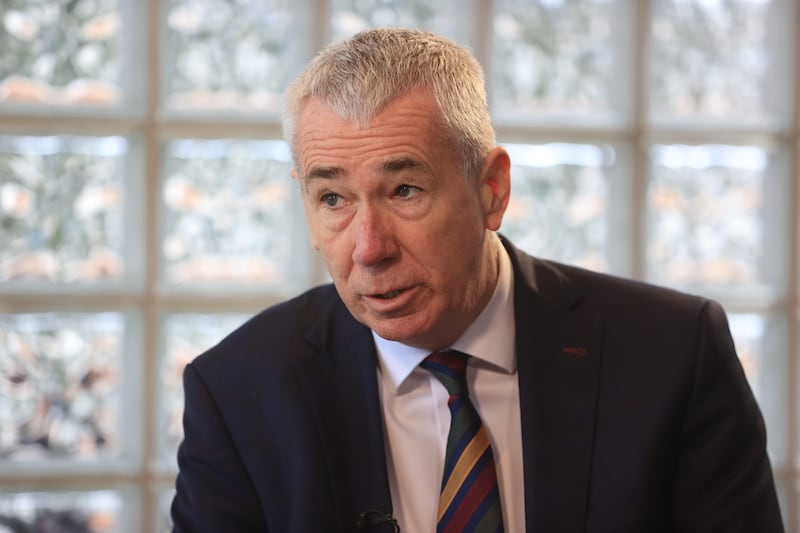A picture may be worth a thousand words but politically, a good metaphor or simile is best of all.
Without verbal images that point the way to effective change, politicians keep saying the same thing over and over again, journalists keep writing the same article, and academics withdraw into their studies in case they might be contaminated.
It may even be the reason why a section of the public stop reading, looking or listening to current affairs and the number of people who stop voting increases.
But, in itself, that disinterest and dispassion is not all negative. In a society like ours, where division and conflict has run too deep, it can be a good thing that boredom towards politics and a distaste for the divisive and repetitive issues come to the surface.
At least for a time. It dampens down the most extreme passions.
I’m grandparenting these days, four children under the age of six, so my political images are ‘the wheels on the bus go around and around’ and ‘the people on the bus go up and down, all through the town’.
Forty years ago, I was introduced to singing ‘the wheels’ and I’m back at it. You could wrongly think that nothing has changed in that time, but the bus is now electrified and instead of me showing the children how things work, they teach me how to use my computer and sort out my phone.
In that same time space, our politics has thankfully concertinaed away from violence and compacted into three issues: can Northern Ireland work, will unionism ever engage in discussions about the future, and should reconciliation happen before any constitutional change?
Our politics has compacted into three issues: can Northern Ireland work, will unionism ever engage in discussions about the future, and should reconciliation happen before any constitutional change?
The reconciliation issue has been raised by people whose opinions and integrity demand respect.
Everyone should be involved in reconciliation and it should be a constant, even though I was once told by a good and kind Protestant clergyman that reconciliation was a Catholic word that Protestants didn’t understand and didn’t believe in.
But leaving that aside, I am far from convinced it can be achieved prior to constitutional change. Like the thorn in the flesh, medicinal cream is probably helpful, but the cure is really in removing the thorn.
The same analysis and metaphor apply to the question of Northern Ireland working.
No-one wants to see the economy or the health service or the moral of the community be anything other than successful but can any of those major issues be addressed with the clarity and the determination required while the constitutional thorn keeps festering the wound? I doubt it.
- Brian Feeney: Unionists have no choice but to engage with changeOpens in new window
- The Irish News view: Unity debate can’t be silenced just because it perturbs unionistsOpens in new window
- https://www.irishnews.com/opinion/the-irish-news-view-unity-debate-cant-be-silenced-just-because-it-perturbs-unionists-2YC5SFYWOJHLDAPTKZSLWUAC5M/Opens in new window
Convincing unionism of the desirability of engaging in formal discussion about the future of the two unions is in a class of its own.
Unionists revert instantly to the argument that even to engage in a debate about Irish unity is to admit to its inevitability and they find that offensive or inept.
Few seem to understand that it is equally offensive and inept to refuse to dialogue with a community who have at least equal representation and an equally strong conviction for a competing political belief.
Curiously, Wallace Thompson and Peter Robinson, one a founder and the other a leader of the DUP, are the most prominent to have grasped the nettle of the constitution.
Thompson has had the insulting ‘Lundy’ smear thrown at him, while Robinson is still too big a political beast to be assaulted. As of yet, their interventions have resulted in no apparent stirrings in the heartlands of unionism.
But ‘as yet’ is a very short span in the wheel of change. Both men appear to understand that when coastal erosion begins, it is difficult to stop it and impossible to reverse it.
I spent some time this week on a beach with the grandchildren. The dunes that have stood there for thousands of years are slowly giving way to the currents of the tides.










